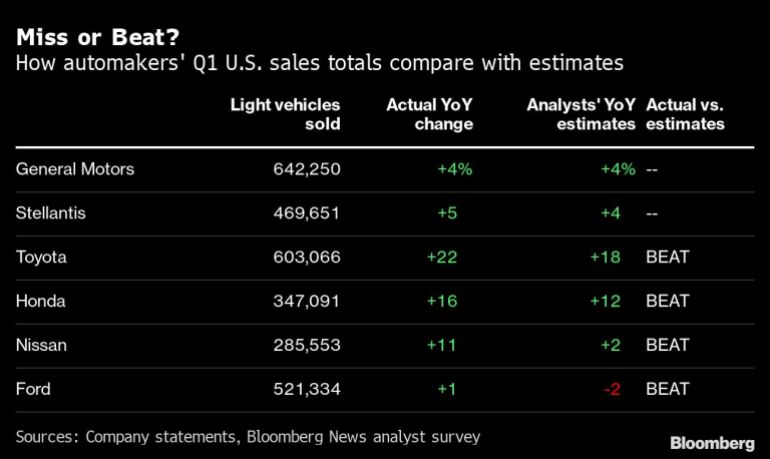US auto group warns of chip shortage, asks government for help
The group wants the US government to allocate funds for chip makers to expand production to cater to the auto sector.

A United States auto industry group is asking for government help as it warns that the global semiconductor shortage could result in 1.28 million fewer vehicles built this year and disrupt production for another six months.
The US Commerce Department should dedicate a portion of funding in a proposed bill to expand US semiconductor production to auto sector needs, the Alliance for Auto Innovation said in written responses to a government-initiated review.
Keep reading
list of 4 itemsFoxconn considers Wisconsin, Mexico for electric vehicle plant
Coronavirus is gutting US car sales, and autoworkers are worried
US autoworkers back on assembly lines as car sales plummet
US President Joe Biden in February ordered several federal agency actions to address the chip crisis and is also seeking $37bn in funding for legislation to supercharge chip manufacturing in the US.
Some funding should “be used to build new capacity that will support the auto industry and mitigate the risks to the automotive supply chain evidenced by the current chip shortage,” the group’s Chief Executive John Bozzella wrote.
The group said the US government could specify “a particular percentage – that is reasonably based on the projected needs of the auto industry – be allocated for facilities that will support the production of auto-grade chips in some manner”.
The group represents nearly all large automakers with factories in the US including General Motors Co, Ford Motor Co, Volkswagen AG, Toyota Motor Corp and Hyundai Motor Co.
Smartphones vs cars
Automakers have been hit particularly hard by the global chip shortage after many cancelled orders when auto plants were idled during the coronavirus pandemic.

When they were ready to recommence production, they found that chipmakers were busy fulfilling orders for the consumer electronics industry which as seen demand for premium devices – for work and leisure – boom as people spent more time at home.
Most automakers have been hit by the shortage. In recent announcements, Ford said last week it would cut output at seven North American assembly plants, while Kia Motors said it was cutting two days of production in Georgia.
The shortages come at a time when US auto sales surged by more than 8 percent in the first quarter, according to analysts’ estimates. The gain reflects buying as vaccination rates increase and more people return to their pre-pandemic routines. Increased confidence in the economy and worry about lower supplies of cars due to computer chip shortages also helped boost deliveries.
Big carmakers either met or easily beat a consensus forecast from analysts, most of whom projected quarterly gains due to the disastrous performance in the first quarter of last year.